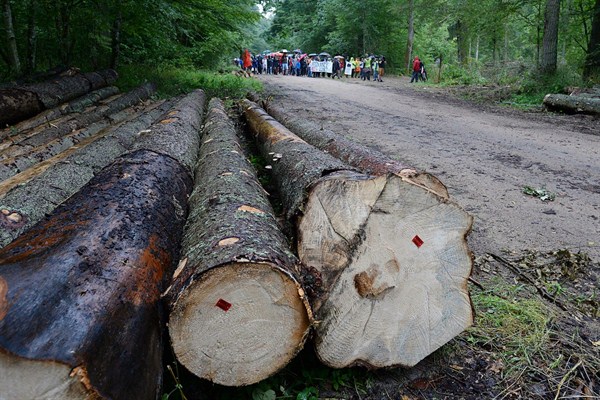Last month, the Court of Justice of the European Union, or CJEU, ordered Poland to cease logging activities in the Bialowieza Forest “to avoid serious and irreparable damage to the interests of the European Union.” Though the dispute has received less attention than the ongoing fight over judicial reforms, it is similarly contributing to tension between Warsaw and Brussels. In an email interview, Duncan Liefferink, a political scientist specializing in European environmental politics at Radboud University Nijmegen in the Netherlands, analyzes the two sides’ positions and explains how EU environmental policy relates to the rights of member states over their natural resources.
WPR: What is at the heart of the dispute between Poland and the European Union over logging in the Bialowieza Forest?
Duncan Liefferink: The Bialowieza Forest, on the border between Poland and Belarus, is one of the last more or less untouched remnants of the extensive primeval lowland forests in Europe. It was designated a UNESCO World Heritage site in 1979. Moreover, the forest comes under the protection of the Natura 2000 program, a network of key nature areas across the European Union that the EU says is the largest coordinated network of protected areas in the world.

